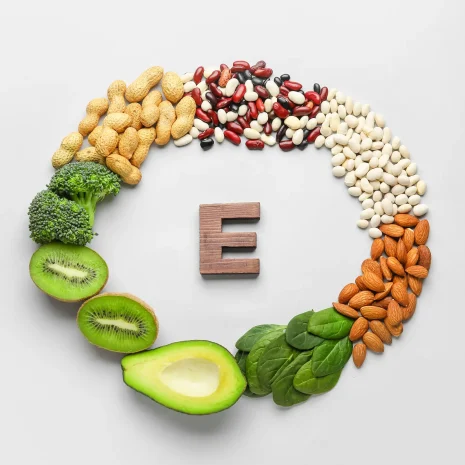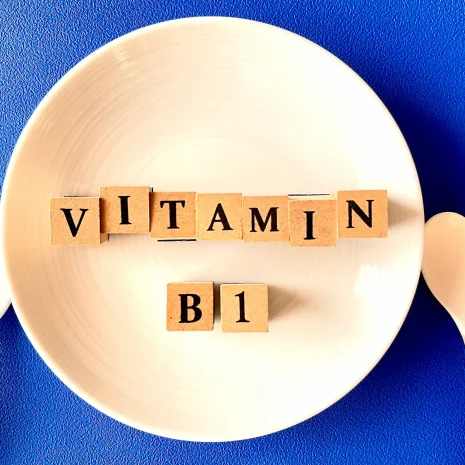What are the best vitamins for women? : Supporting Health Through Life Stages
Women’s multivitamins are specifically formulated dietary supplements that play a vital role in addressing the unique nutritional needs that arise throughout different stages of life. Designed to cater to distinct biological requirements, these vitamins and minerals provide essential support for overall health and well-being. Understanding the key components and significance of women’s multivitamins can help in making informed health choices.
The Significance of Women’s Multivitamins
Women often experience specific nutritional needs during various life events such as menstruation, pregnancy and menopause. These phases bring about distinct biological changes that may require enhanced nutrient intake. Some key nutrients become particularly critical during these times:
- Iron: Important for replenishing levels lost during menstruation.
- Folic Acid: Crucial for overall health, particularly during pregnancy to support foetal development.
Must-take vitamins for women
Women’s multivitamins usually contain a variety of essential vitamins and minerals, including:
Vitamins
- Vitamin A: Vital for vision and immune function.
- Vitamin C: Supports collagen production and enhances the immune system.
- Vitamin D: Crucial for bone health and immune support.
- Vitamin E: Acts as an antioxidant, promoting skin health.
- B Vitamins:
- B1 (Thiamine)
- B2 (Riboflavin)
- B3 (Niacin)
- B6
- B12
- Folic Acid (B9): Integral to energy metabolism and neurological health.
Minerals
- Zinc: Supports immune function and skin health.
- Magnesium: Essential for various biochemical reactions, including muscle function.
- Calcium: Key for bone strength and health.
- Biotin: Recognised for promoting healthier hair and nails.
Nutritional Needs Based on Life Stages
Women’s nutritional requirements can change significantly based on specific life circumstances:
1. Which vitamins should women take while menstruating?:
- Iron: Essential for replenishing levels lost during menstruation. Women with heavy menstrual cycles may benefit from iron-fortified multivitamins to counteract deficiencies.
- Folic Acid: Supports overall health and metabolic functions.
2. What vitamins should you take in pregnancy?:
- Folic Acid: Critical during preconception and early pregnancy to reduce the risk of neural tube defects and support foetal development.
- Vitamin B12: Important for maintaining optimal brain and nerve function for both mother and baby.
- Iron: Essential for supporting increased blood volume and fetal growth.
3. What are the best vitamins for menopause?:
- Calcium and Vitamin D: Important for supporting bone health and preventing osteoporosis due to declining estrogen levels.
- Magnesium: Can help alleviate menopausal symptoms, such as mood swings and bone health challenges.
Enhancing Aesthetic Health: The Benefits for Skin, Hair, and Nails
In addition to promoting overall health, women’s multivitamins support aesthetic well-being. Important components that positively influence skin, hair and nail health include:
- Biotin: Promotes stronger hair and reduces breakage.
- Vitamin C: Enhances collagen production for improved skin elasticity and vibrancy.
- Vitamin E: Provides antioxidant protection, helping to prevent skin aging.
- Zinc: Aids in maintaining healthy nails and skin.
Prioritising Nutritional Needs Through Multivitamins
Women’s multivitamins are crucial for supporting health across various life stages. By understanding the specific vitamins and minerals that are essential during menstruation, pregnancy and menopause, and the benefits these nutrients provide for overall health and aesthetic wellness, women can make informed choices about their dietary supplements. Incorporating a balanced diet along with high-quality multivitamin supplementation can significantly enhance well-being and address nutritional gaps.
While multivitamins can offer valuable support for overall health, it is essential to recognize that a balanced diet should remain the cornerstone of nutritional well-being. Multivitamins are intended to be a complementary measure and should not be considered a substitute for a diverse and nutritious food intake.
Note: It is strongly advised that individuals consult a healthcare professional prior to initiating any supplement, particularly if they have existing health conditions, are taking prescribed medications, or are pregnant.








